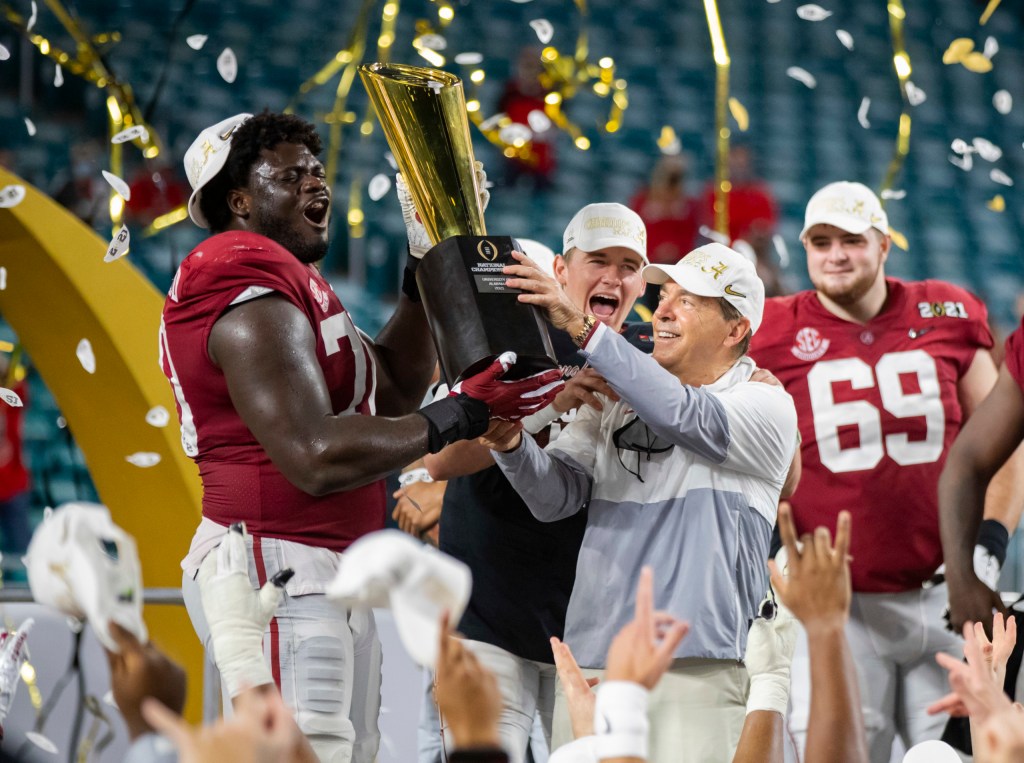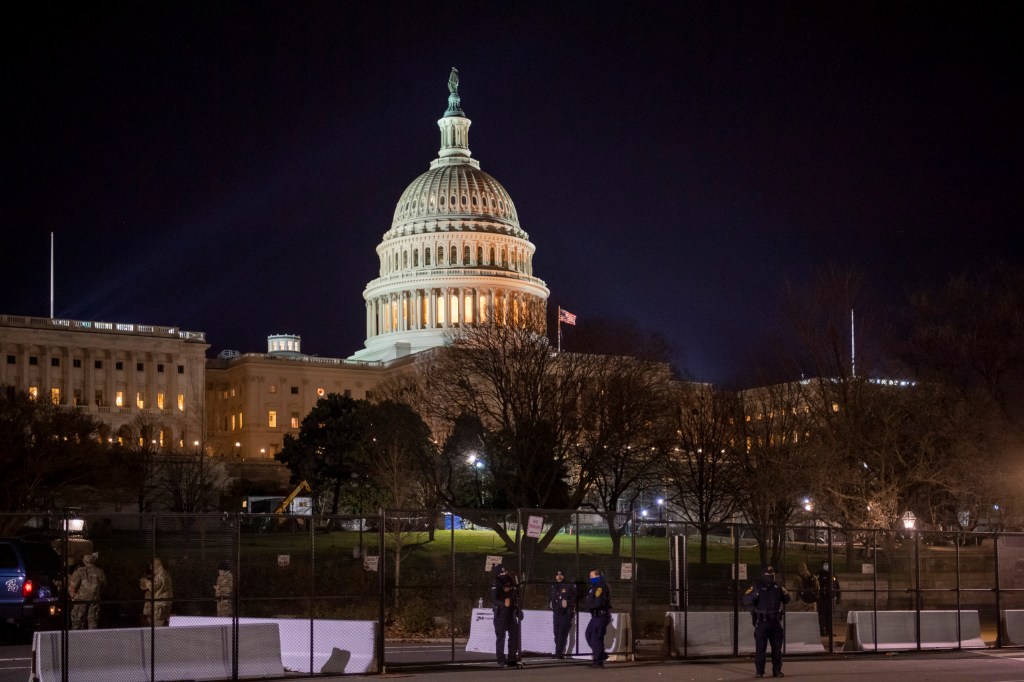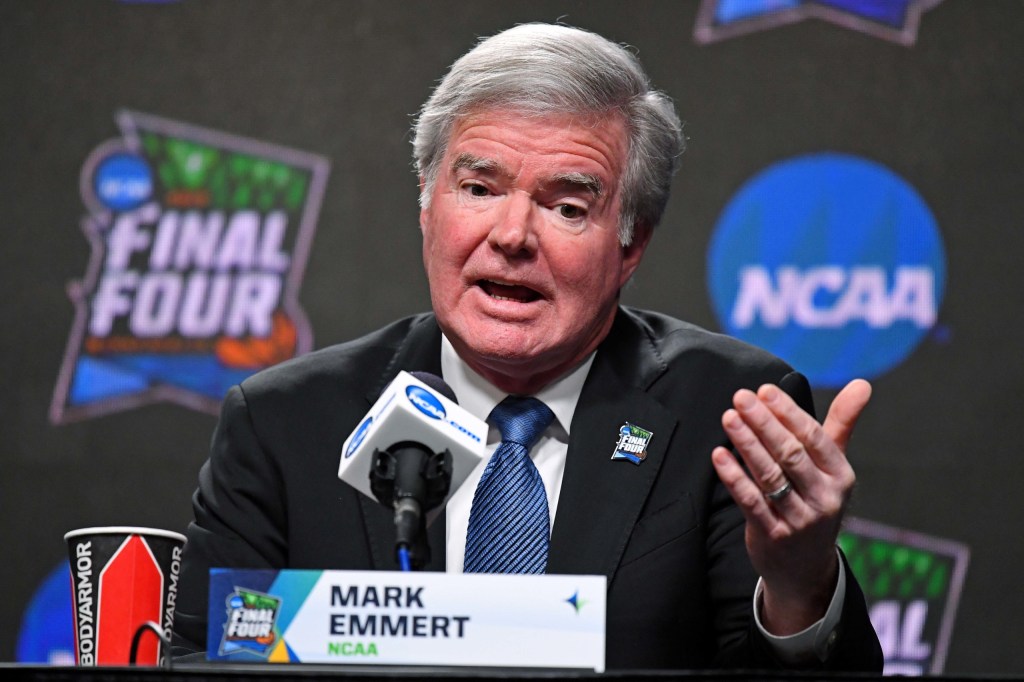The confetti falling at Hard Rock Stadium Monday night marked the conclusion of a tumultuous bowl season.
In all, 50 teams participated in 25 bowl games, while more than a dozen were canceled due to COVID-19.
“There wasn’t a week that went by in the regular season that there weren’t delays, postponements, cancellations,” Bowl Season Executive Director Nick Carparelli told FOS. “We would’ve been naive to think that wouldn’t be the case in bowl season.”
Financial Ramifications
Drops in ticket revenue due to COVID-19 capacity limitations had devastating effects. Carparelli noted that contracts for every bowl, including those for the College Football Playoff, were rewritten due to the pandemic.
He explained how financial outcomes vary for each bowl given their unique contracts:
- Some bowls “may have made a little bit of money,” while most others broke even.
- For bowls canceled early, committees likely had to dip into their reserves.
- For bowls canceled at the last minute, committees suffered the most in his estimation. “They invested everything into having this year’s game,” Carparelli said. “Those games will undoubtedly have to go into their reserves to pay their bills, and in order to continue the game next year.”
To Play or Not To Play
Team opt-outs contributed heavily to cancellations. The Independence Bowl, for example, was scrapped after its committee couldn’t find an eligible team willing to play Army. The Black Knights ultimately replaced Tennessee in the Liberty Bowl against West Virginia.
Entire teams voted to opt out of bowl season in order to rest and see family, often for the first time since the start of the emotionally and physically grueling pandemic season.
But did some departments forgo bowl appearances because teams would lose more money for participating?
Carparelli emphasized: “No.”
“If a team opted out of the bowl season this year, it was definitely for reasons other than financial ones,” he said.





